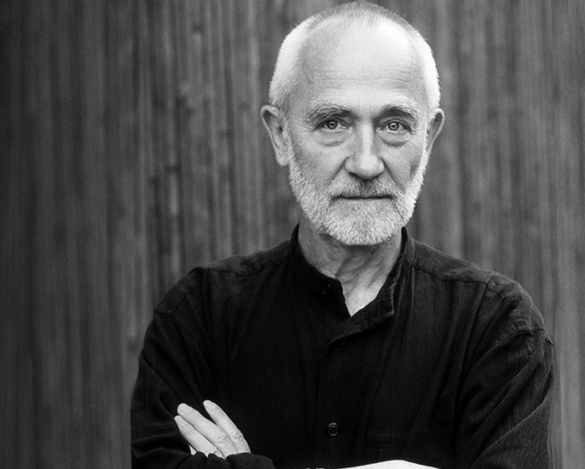 .
.
A few years ago Peter Zumthor was awarded a Golden Medal by RIBA – Royal Institute of British Architects (Britain’s most prestigious prize for architecture).
By chance, I found on the Internet the video of the lecture he gave in London for this occasion. I was so impressed by the similarities between his approach to architecture and ours that I cannot help talking about it… but first let me share the video of his speech.
Peter Zumthor is the son of a cabinetmaker – like Paolo Ponti- and this could be the reason why both of them are so pragmatic and love materials rather than pure form. They are both architects by training and profession, but in their blood there is still something about craftsmanship. Zumthor admits not being so concerned about Beauty (I mean the abstract architectural Beauty), but his work is more about “creating a space that is just right for his purpose”. This has always been our first aim at PoddaPonti Architetti. Shall we say that function always comes first and beauty follows? (The rules of Vitruvius is all about this: Utilitas/Function + Firmitas/Permanence = Venustas/ beauty).
.
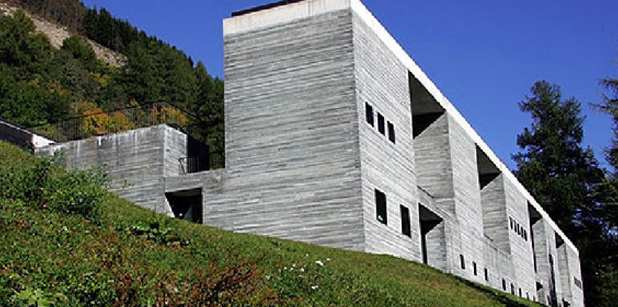
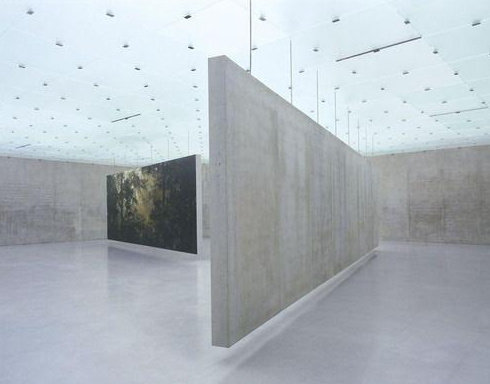
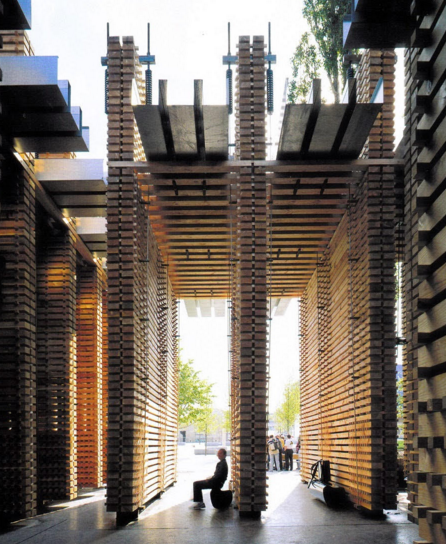 According to our cultural legacy, we rather prefer to call it “end-to-end process”. In fact the cultural background of this approach is the Italian Bottega or handicraft workshop of the Renaissance and the theory of architecture described by Leon Battista Alberti, which is still unrivalled nowadays. ( Even the most famous entrepreneur of today, Steve Jobs, set up Apple using these ideas)
According to our cultural legacy, we rather prefer to call it “end-to-end process”. In fact the cultural background of this approach is the Italian Bottega or handicraft workshop of the Renaissance and the theory of architecture described by Leon Battista Alberti, which is still unrivalled nowadays. ( Even the most famous entrepreneur of today, Steve Jobs, set up Apple using these ideas)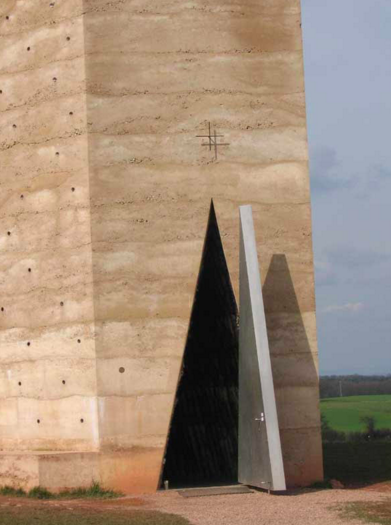 The client.
The client.…if someone wants a Zumthor building, that’s not my client! If someone wants a well-made building, that’s my client!
I am not a brand
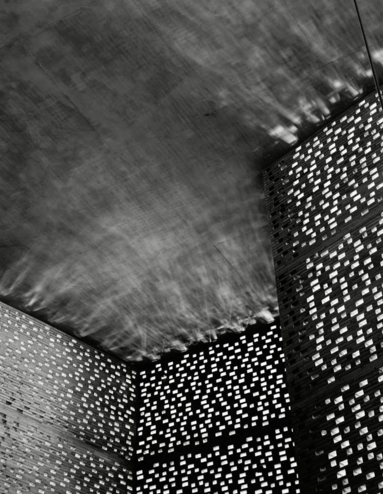
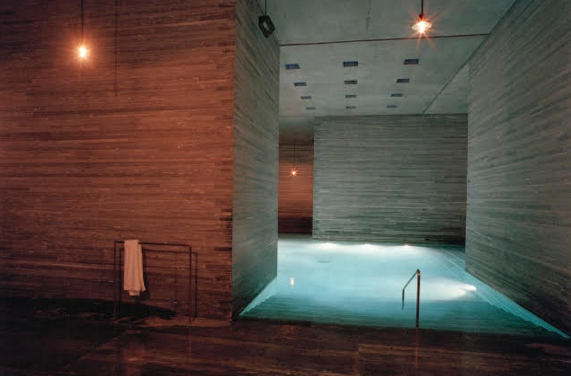 In the end he compared ‘presence in architecture’ with the one we have in a pure landscape. He concluded the lecture with these last words:
In the end he compared ‘presence in architecture’ with the one we have in a pure landscape. He concluded the lecture with these last words:You know what I mean. You have a feeling. You are in the world, you are part of the world and there is something bigger than you
We are all little beings!


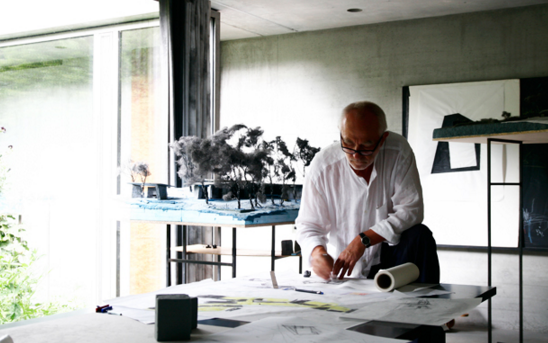
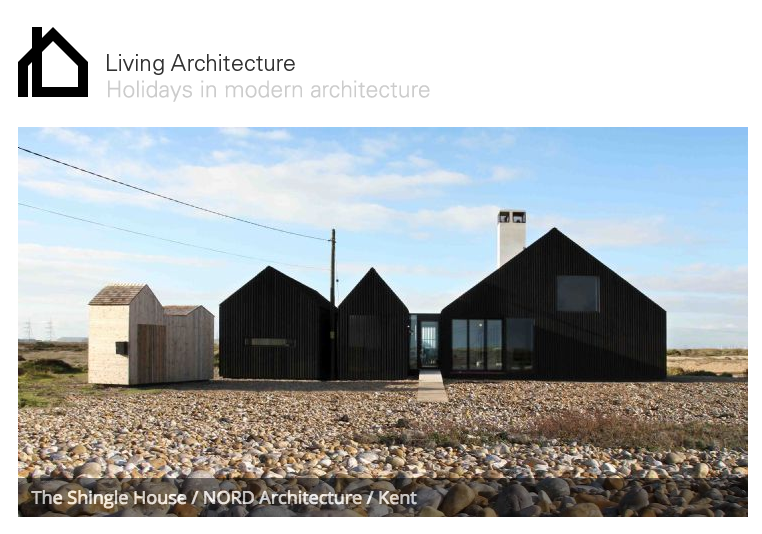
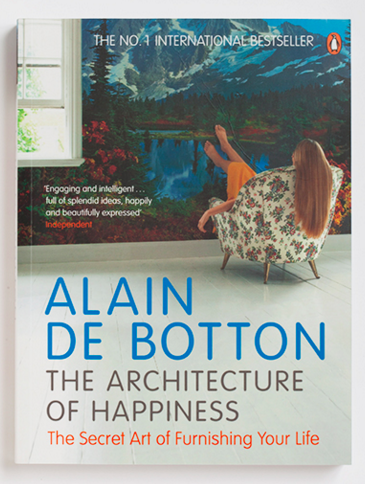 quality of interiors not as something guaranteed by a famous signature, but rather as a true expression of the personality of the person who lives there.
quality of interiors not as something guaranteed by a famous signature, but rather as a true expression of the personality of the person who lives there.